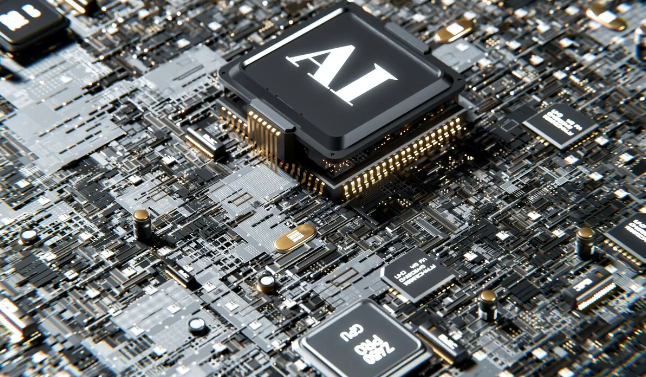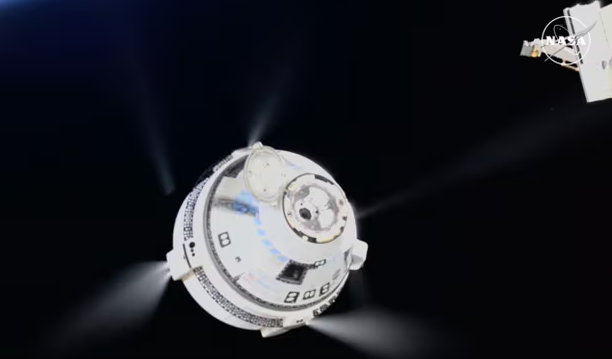A recent study has found that artificial intelligence (AI) can significantly impact belief in conspiracy theories, such as those claiming moon landings were faked or that Covid-19 vaccines contain microchips. Historically, changing such entrenched beliefs has been challenging, but this research shows AI’s potential in promoting critical thinking.
Led by Dr. Thomas Costello from American University, the study involved 2,190 participants who held conspiracy beliefs. They interacted with an AI system called “DebunkBot,” engaging in a series of conversations about their theories. After these interactions, participants rated their beliefs on a 100-point scale.
The results were striking: those who engaged with the AI saw a 20% reduction in their belief in conspiracy theories. Notably, about 25% of participants who initially believed in such theories no longer did by the end of the experiment.
The study highlights AI’s potential to combat misinformation, especially on social media. The effects of the AI intervention lasted at least two months and applied to nearly all types of conspiracy theories, barring those based on factual information.
However, questions remain about the practical application of AI in real-life scenarios. Experts like Professor Sander van der Linden from the University of Cambridge have raised concerns about whether people will engage with AI willingly and how effective these methods truly are.
Despite these concerns, the study underscores AI’s promising role in challenging and reducing conspiracy beliefs by encouraging critical thinking and evidence-based discussions.



